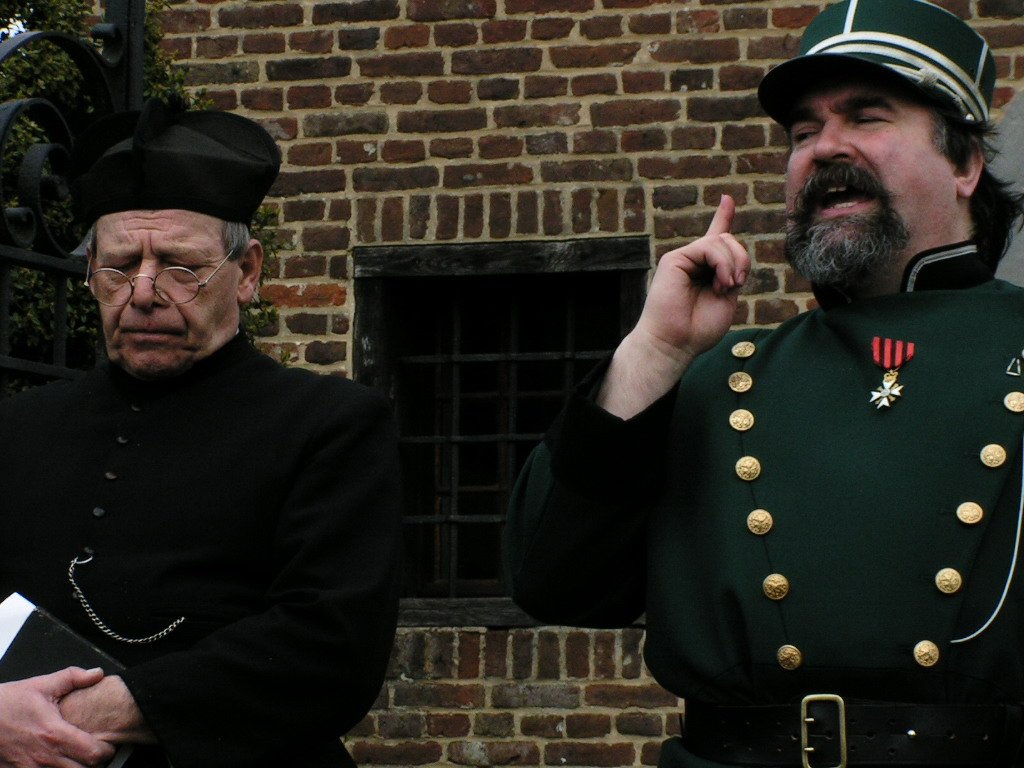

THIS press release, published just before weekend, shows RNA-related patent monopolies from the European Patent Office (EPO), which also grants illegal monopolies on mathematics ("as such") because Benoît Battistelli and António Campinos measure nothing but quantity. To them, "quality" means "grant fast!"
Evox Therapeutics Ltd ('Evox' or the 'Company'), a leading exosome therapeutics company, is pleased to announce that the Company has been granted three key patents by the United States Patent and Trademark Office (USPTO) and the European Patent Office (EPO). These three new grants are from one of several foundational patent families held by Evox and further reinforce the Company's leading position within exosome-mediated RNA therapeutics and targeted exosome drug delivery.
"...many newly-granted European Patents turn out to be bogus. Courts toss them out. They're not compatible with the EPC -- a fast-growing problem which alarmed examiners."The EPO is clearly all in favour of these violations of the law. This new tweet is using hype waves to promote software patents and another new tweet uses lame acronyms. "The number of European patent applications related to autonomous driving has grown 20 times faster than that across all technologies," it said. Those are mostly software patents or, in other words, fake patents that are illegal to grant.
"This is the kind of thing that harms the EU's image and gets many people concerned."Just before the weekend the EPO also retweeted (thus quoted) its "jobs" account as saying: "The EPO is proud to be located in such beautiful European cities as Munich, The Hague, Berlin, Vienna and Brussels (Liaison office). At the end of 2018, 95% of our employees were working in either Munich (3,734) or The Hague (2,643)."
EPO actually tarnished the names of these cities because workers are abused and management commits crimes. Some examiners commit suicide. Some have been driven out of Munich as punishment and one judge was sent to The Hague as punishment for doing nothing wrong (courts repeatedly acquitted him). His colleagues too were punished when Office management made a decision on illegally sending all judges to 'exile' and then refusing to even deal with the question of this illegality. What an astounding, large-scale violation of the law. If Europe's second-largest institution is an outlaw institution, then where does it derive the moral authority from? Or the authority to judge innovation? It's more like organised crime. Before the weekend one new 'Kat' recalled:
The EPLaw Patent Blog reports on a decision of the German Supreme Court on the sufficient disclosure requirement under Article 83 EPC. It finds that the EPO and German practice on the interpretation of this Article are different, and the consequence of this difference is that opposition proceedings before the EPO should be considered in case a revocation relies on the grounds of sufficient disclosure.
Art 83 EPC (= sufficiency of disclosure) before the German Courts and the EPO: (still) no harmonization, by Dr. Hans-Peter Felgenhauer (Former Technical Member of the Boards of Appeal) and Dr. Tobias Wuttke (Meissner Bolte)
In the recently published decision of the German Supreme Court dated 8 January 2019 (docket no. X ZR 58/17), it was decided that the European patent EP 1 070 223 (“patent in dispute”) discloses the invention in a manner sufficiently clear and complete for it to be carried out by a person skilled in the art (= Art 138 (1) b) EPC). This finding might likely have been different if the patent in dispute had not been challenged with a nullity action but with opposition proceedings at the EPO.
[...]
However, under the EPO practice, it is necessary but not sufficient to meet this requirement in order to meet the requirements of Art 83 EPC (= Art 138 (1) b) EPC). According to governing EPO practice, it is further required that this one way to carry out the invention allows the invention to be performed in the whole range claimed, see CLBA II.C.4.4.
According to the decision T1223/15 “for assessing the second condition, that the above disclosure allows the invention to be performed in the whole range claimed, it must first be ascertained what the scope of the claimed range is. The latter involves in the present case an issue of claim interpretation.
“In particular, that pursuant to established case law, the skilled person, when considering a claim, should rule out interpretations which do not make technical sense, and should try to arrive at an interpretation of the claim that takes into account the whole disclosure of the patent, see CLBA, II.A.6.1”.